Previously, we’ve written about mindfulness practices in the workplace, medical facilities, schools, and even sports training, but we haven’t explored how it’s finding its way into government. Although the public sector seems like the last place individuals would integrate meditation, yoga, and breathing exercises, it is happening, and it is helping.
It’s an incredibly promising prospect, considering the wisdom, compassion, and empathy that is developed with regular mindfulness practice. Ideally, as our elected offices learn more about being in the present, they’ll make better decisions, resist judgement, be less reactive, and demonstrate improved problem-solving skills.
Mindfulness Across the Pond
The United Kingdom (UK) has embraced mindfulness wholeheartedly. In fact, they formed the Mindfulness All-Party Parliamentary Group (MAPPG) to begin implementing these methods of “being” into four distinct areas:
- Health
- Education
- Workplace
- Criminal Justice System
This initiative was set forth to improve mental health, boost productivity, and even alleviate physical health conditions. Furthermore, the cost of mental illness is staggering for the nation. In fact, nearly half of all absenteeism and claims for incapacity benefits are due to mental illness, according to MAPPG’s research.
For this reason, Parliament has set out to make Mindfulness-Based Interventions (MBIs) and Mindfulness-Based Cognitive Therapy (MBCT) more available in the UK. The government’s report, asserts that the mental capital of their nation is “crucial to our future prosperity and wellbeing.”
Parliament strongly urges other policymakers to consider implementing mindfulness, as research has shown many benefits including but not limited to:
- Increased Organization Workflow
- Increased Employee Engagement
- Increased Collaboration
- More Effective Leadership
- Decreased Healthcare Costs
- Increased Innovation
These benefits have assisted government workers in developing “healthier, more compassionate responses to their own experience, as well as to events in their lives and the people that are in them,” writes the MAPPG.
As Jon Kabat-Zinn so pointedly said in an interview with Mindful.org, “Human beings create a lot of problems for each other and themselves.” However, if a nation’s leaders are more in tune with the present and thus more in sync with the laments of the general public, they should be able to alleviate more issues for more people and mitigate financial loss.
Current research indicates that the 2026 projected costs for depression and anxiety alone are just shy of £20 billion in lost earnings! This is in addition to the £2.96 billion in services costs for these patients.
Mindfulness in the United States Government
Representative Tim Ryan is the advocate for mindfulness in the U.S. government. As the story goes, he was burned out from campaigning, fundraising, and legislating to the point where he felt like his job was killing him. Due to his levels of stress and anxiety, he signed up for a retreat led by the one and only Jon Kabat-Zinn.
According to The Atlantic, Ryan had an epiphany while staring at a raisin (no joke). As he gazed at it, he felt his mouth began to water and then realized that the mind and body are inextricably connected. “I decided I would advocate in Congress and on the Appropriations Committee for integrating mindfulness into key aspects of our society,” wrote Representative Ryan.
Since that life-changing retreat, he has sponsored a bill to increase the holistic-medicine offerings of the Department of Veterans Affairs, secured a $1 million earmark for relaxation training for elementary school students in his district, and has written a book entitled A Mindful Nation.
While Trump seems to have more than half the country on the edge of their seats, waiting for calamity to strike, Tim Ryan—although not too pleased about the election results himself—believes mindfulness can help other politicians work together and with the president. In an interview with ABC news, when asked if mindfulness could help him deal with Trump, he said:
“I look at Trump and I think, ‘okay, it is what it is… [But] what can I sit and listen [to] and find something we can work on together, without judgement… Is there something in there? Because he is who he is, and he’s… different. I don’t need to like him, I don’t need to go drink beer with him, or play golf with him, but if he has something that’s going to help my constituents than I hope I can [help].”
Mindfulness ultimately helps Ryan see through the “tweets, delusion, and alternative facts” to see what Trump is really trying to do. This doesn’t mean he can’t object, but it does allow him a clearer picture of what is really happening in legislation.
Did you enjoy the article? Please like our post, comment below, and/or share our blog!




